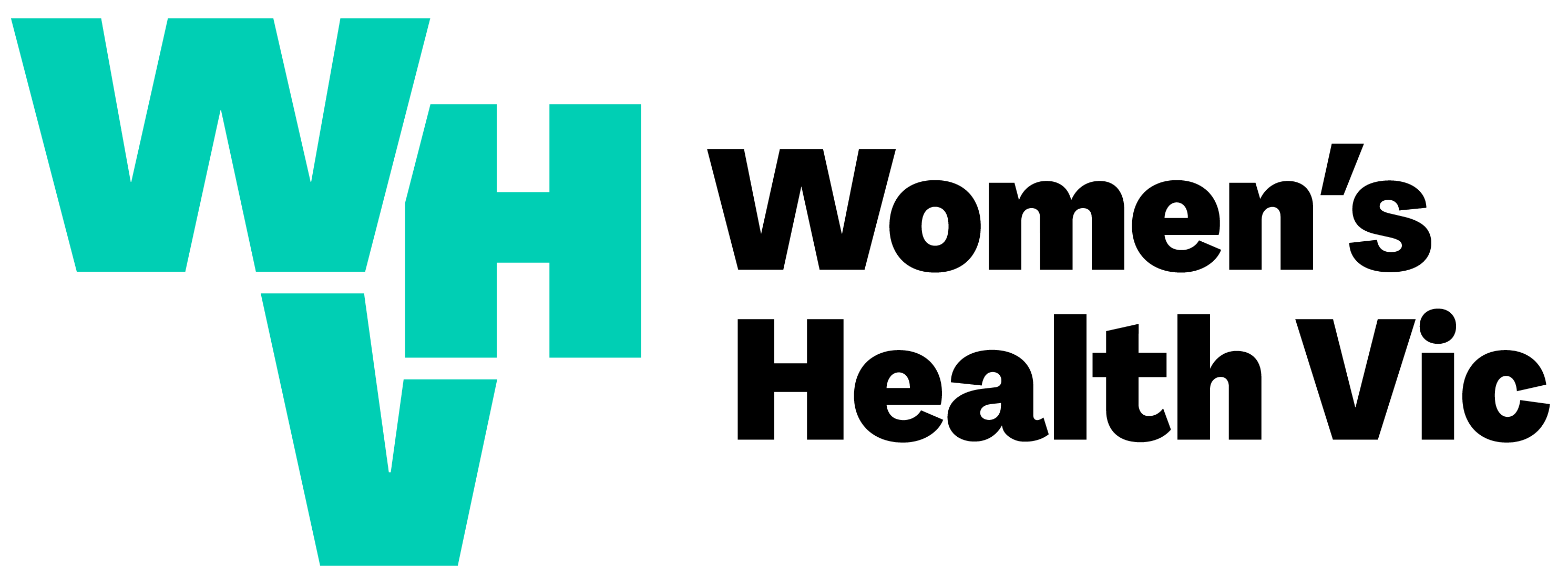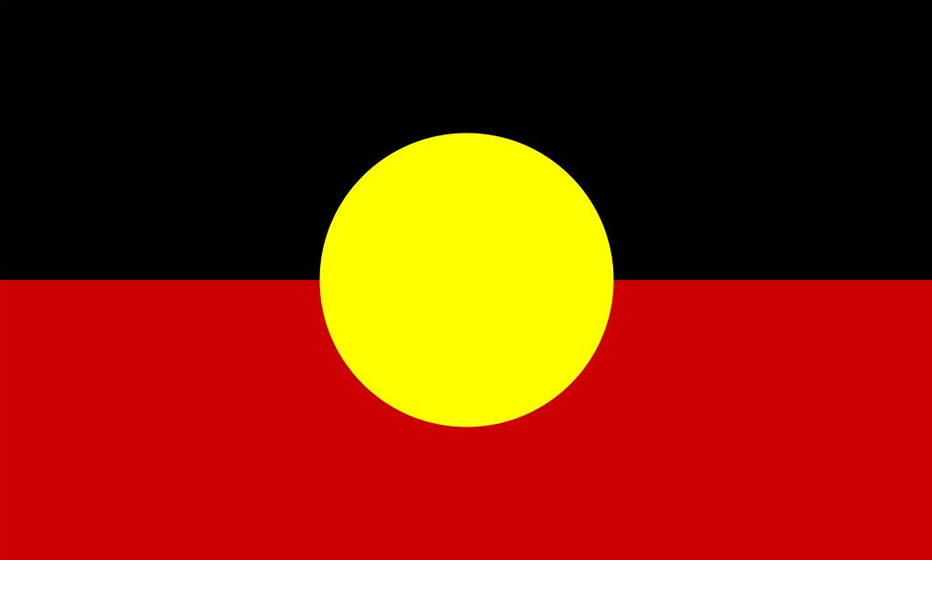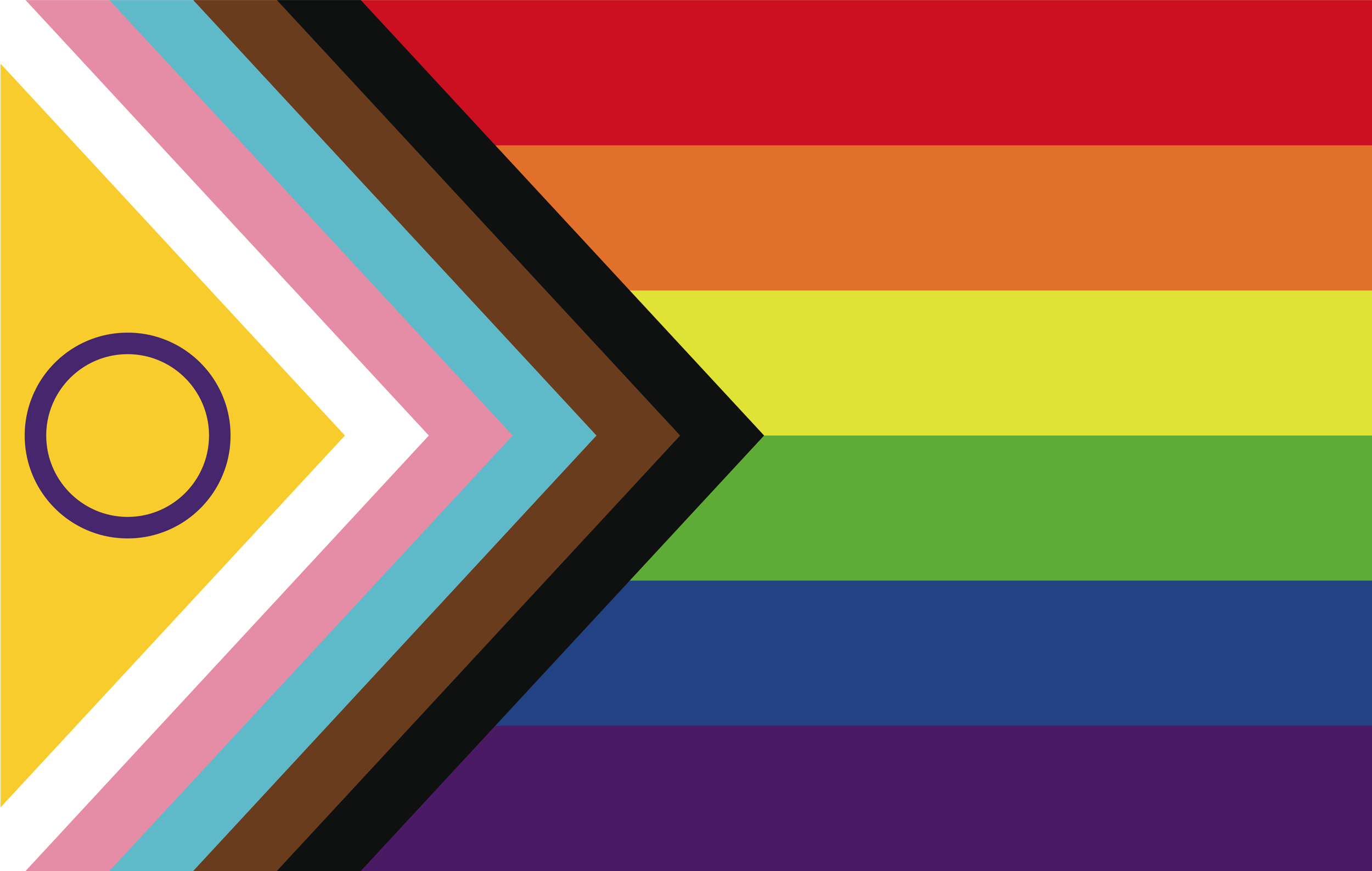Young women's health
This Connector contains a selection of freely available resources focusing on young women's health.
For young people, adolescence is associated with physical change, friendships, first intimate relationships, and pressure to lay a strong foundation for a healthy and productive adulthood. However, research clearly shows that girls and boys are subjected to different expectations and pressures during adolescence on the basis of gender. Research also indicates that between the ages of 10 to 20, girls and young women’s experiences and health outcomes can differ from their male peers.
Issues arising for young women in this age bracket include mental health and body image, sexual and reproductive health and relationships, as well as gender inequality, physical health and social inclusion. Anxiety, sexual harassment and poor body image are experienced at a greater rate by young women. Rates of depression and anxiety among young women are higher than those of their male counterparts, and continue to rise. Australian girls report perceiving Australia as gender unequal, with more than half reporting that they are seldom or never valued for their brains over their looks. Gender inequality is experienced at home, where girls as young as 10 report doing more housework than boys their age.
Young women with disabilities are subjected to dual discrimination and negative stereotyping on the basis of gender and disability, negatively affecting self esteem and expectations. Young Aboriginal women are impacted by experiences of gender inequality, racism and trauma. In undertaking the research for this Connector we identified a gap in current, freely available, Australian research relating to the experiences of young women (specifically) from migrant and refugee backgrounds. Material focussing on ‘young women’ often implies heterosexual young women, sidelining resources relating to LBQ women’s experience
Women's Health Victoria (2016) Young women's health. Women's Health Victoria. Melbourne. - (Clearinghouse Connector; Nov 2016)





